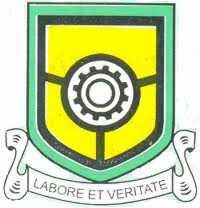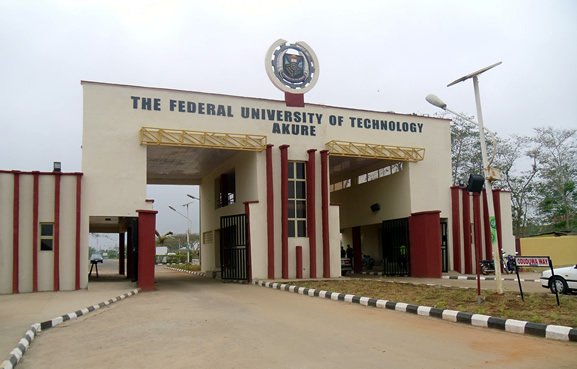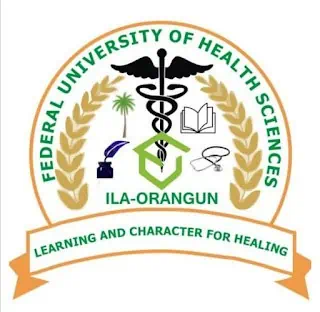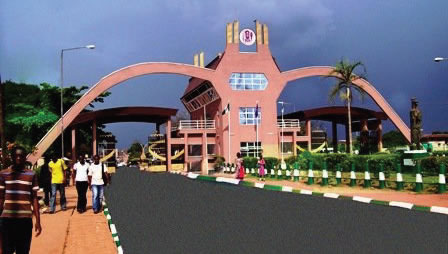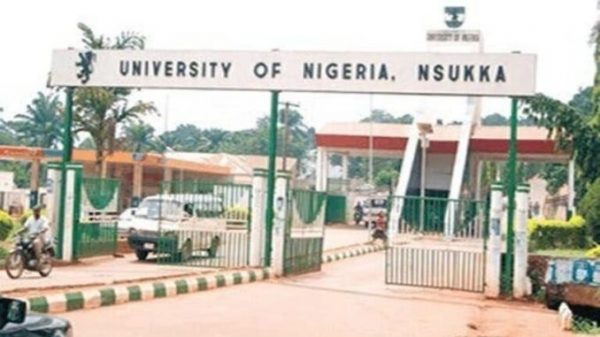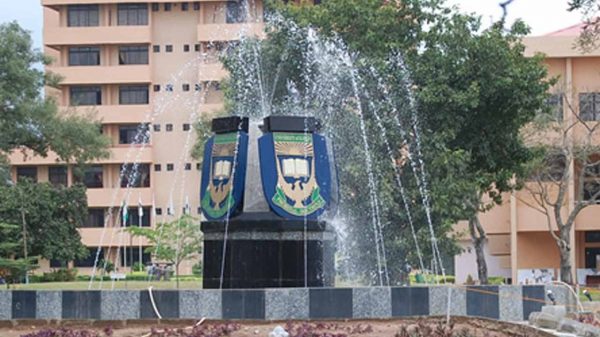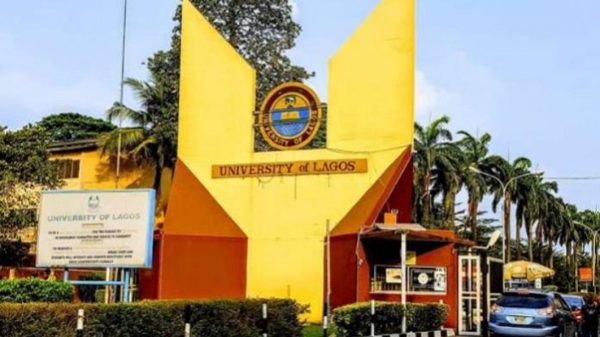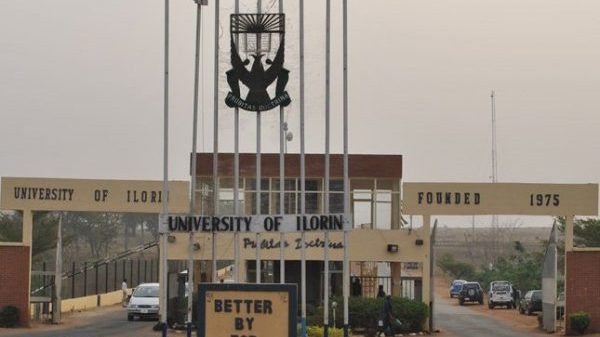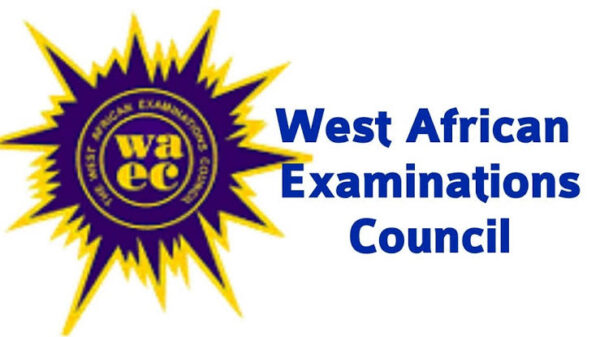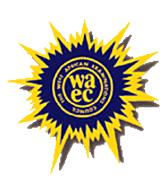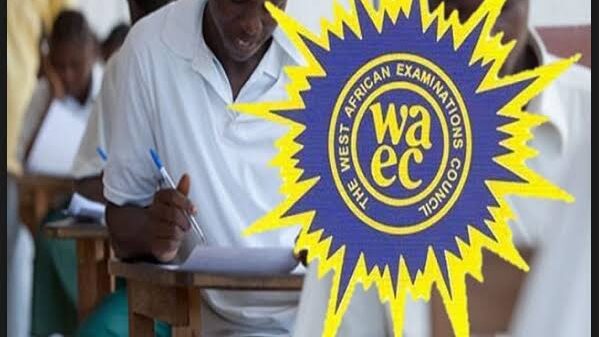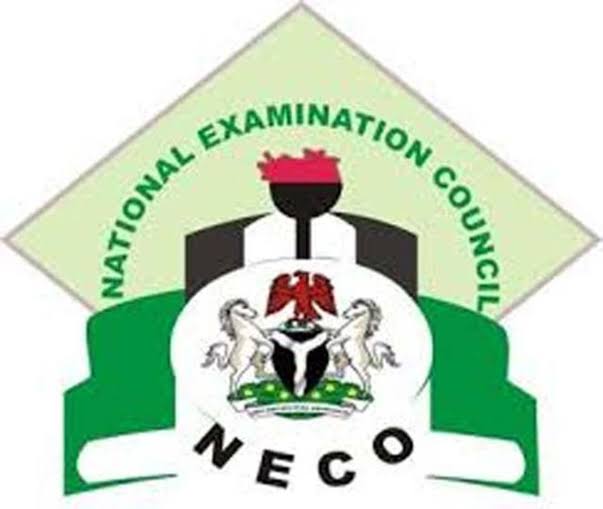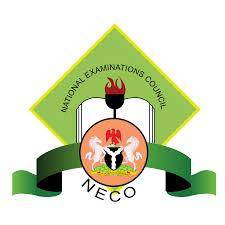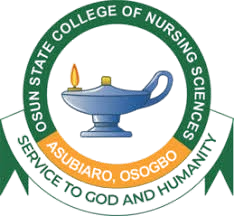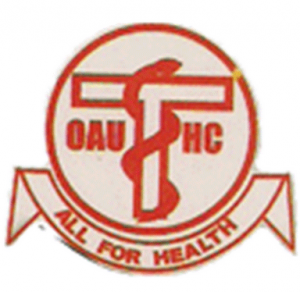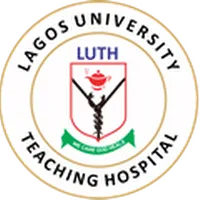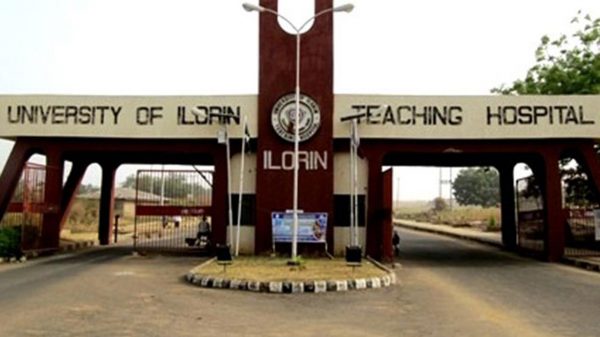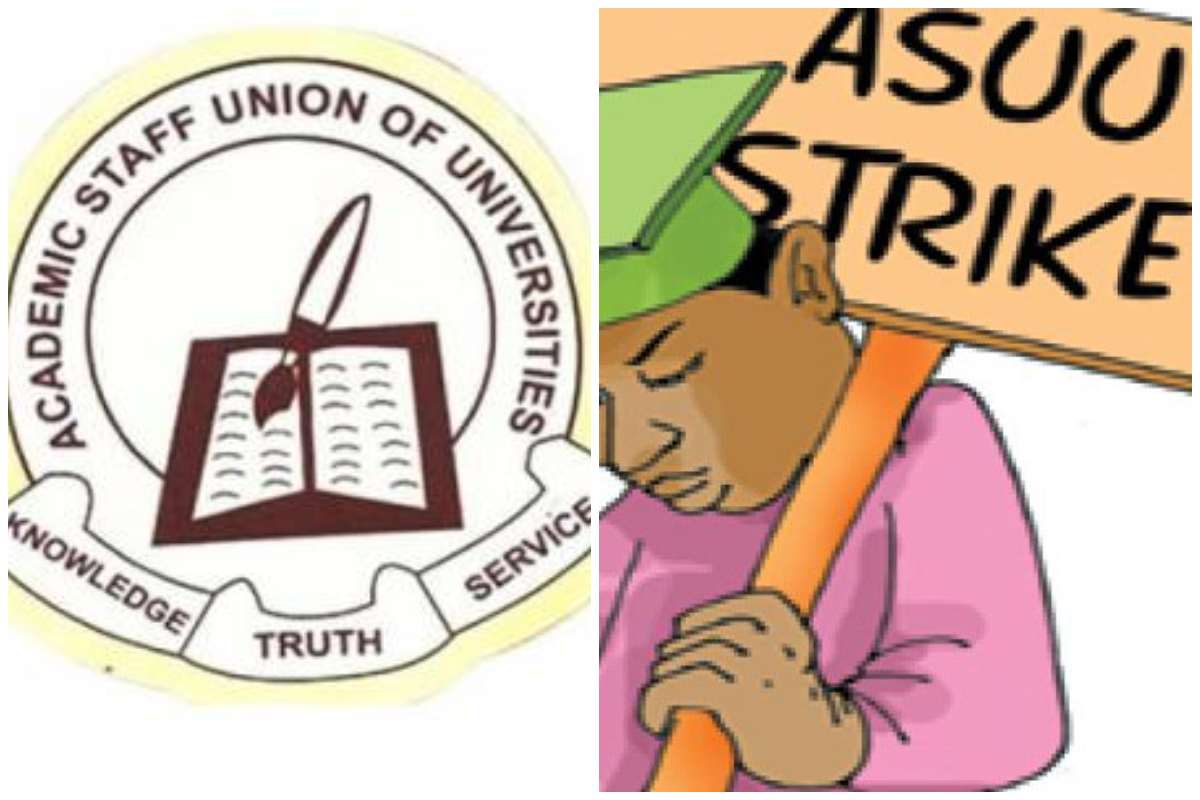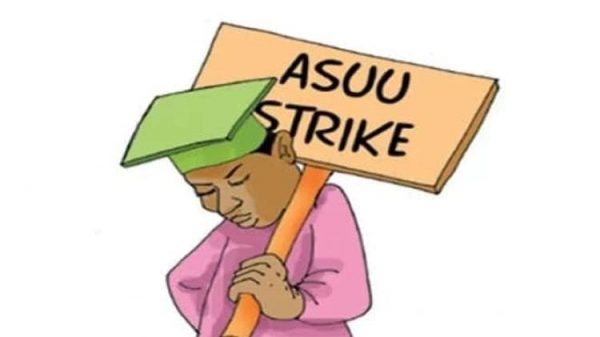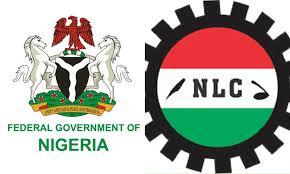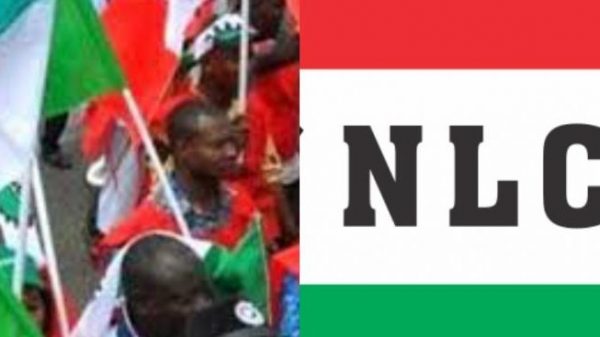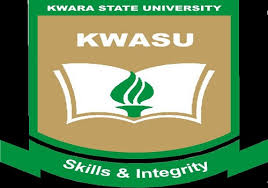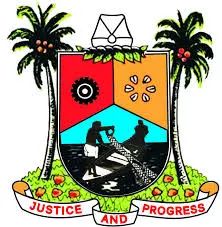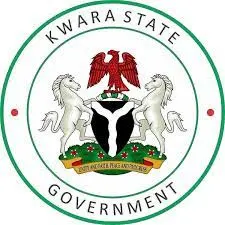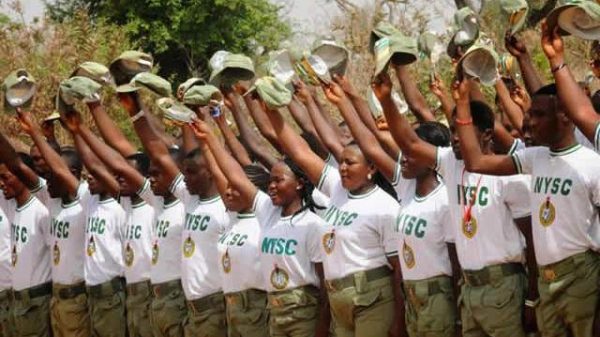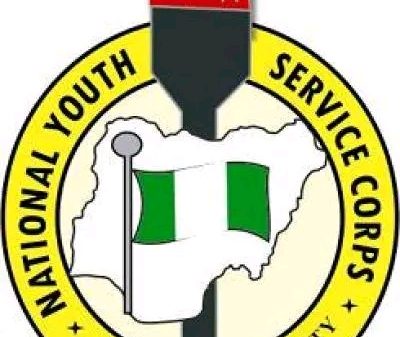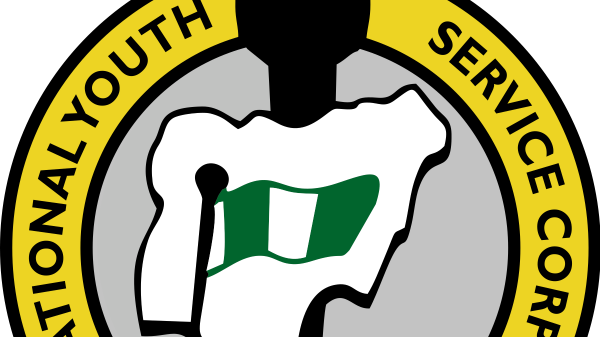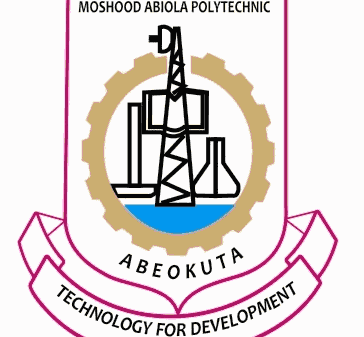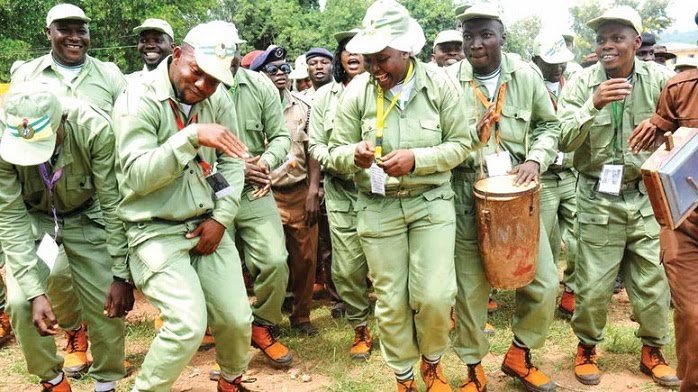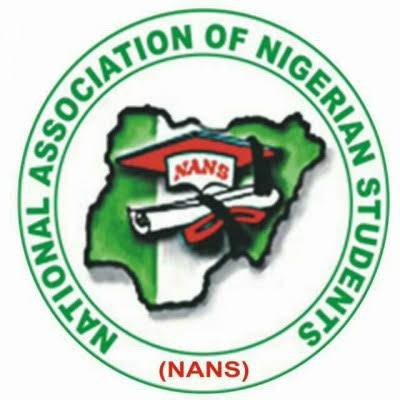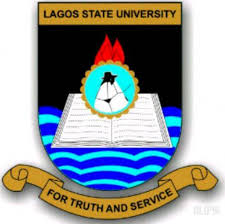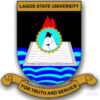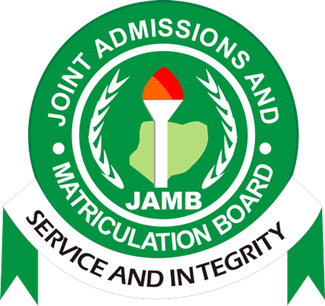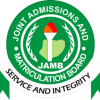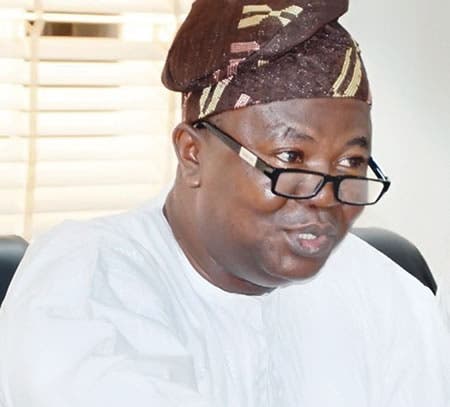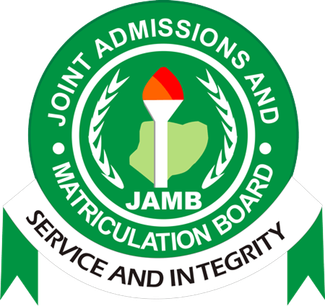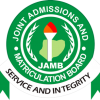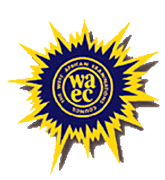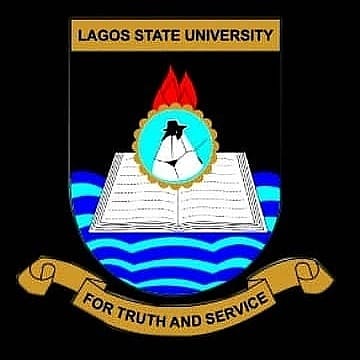The decision of the Federal Government through the National Universities Commission to close out ivory towers for weeks all in the name of election is an unfortunate one and does not worth any form of applause from right-thinking Nigerians.
As an association, we have at different fora maintained that for no reason should our higher institutions of learning be hastily closed in response to certain actions. And, this played out during the heat of the COVID-19 crisis where we, as an association condemned the closure of schools.
For no reason whatsoever should academic activities be put on hold not even at this time that Universities are just making up for the 9 months ASUU strike. And, it is public knowledge that some of our institutions have tens of polling units on their campuses. So, how then would students in these campuses be able to cast their votes when schools are shutdown? That is disenfranchisement in itself and we condemn such.
As an association, we make our position known that we will never for any reason support such irrational action by the Federal Government. Rather, they should allow schools declare few days as break for their students who would be travelling to their various homes to participate in the election. And, we call on the Federal Government to stop paying lip-service to education. The government must massively invest in education and must not for any reason put academic activities on hold. If the government had invested in the educational sector, there would have been any need to halt academic activities because of election, rather, schools would go virtual and learning process would continue.
The Independent National Electoral Commission Professor Mahmood Yakubu says the electoral body will not engage the services of Vice Chancellors and members of the academic staff of universities who are members of any political party or has strong political views in favor of any candidate.
He also raised concerns about the volume of court cases involving INEC.
Professor Mahmood Yakubu, Chairman of INEC is a busy Man, He has been holding different high-level meetings with stakeholders critical to the success of the election.
Advertisement
This meeting with the vice-chancellors strengthens the collaboration with the academic staff of universities where INEC draws collation and returning officers to conduct the polls.
INEC says it will thoroughly scrutinize would-be ad hoc staff to ensure they are non-partisan and without blemish.
In a separate meeting with the Nigerian Bar association, The INEC Chairman raised concerns about the volume of pre-election cases in which the commission has been joined.
INEC has been dragged into, One thousand two hundred and, forty-one cases.
He wants the Nigerian Bar Association to facilitate a speedy hearing of these cases.
The Visiting lawyers promised to assist the electoral commission to protect its independence and partner to guarantee a free process.
According to INEC, The 2023 General Election will involve the highest number of registered voters in the history of democratic elections in Nigeria as The final register of voters now stands at 93,469,008.
A group known as The Corporate Accountability and Public Participation Africa says it believes that a free and fair election is possible in Nigeria despite the challenges that may be pose a threat to its success.
The group said this at the media presentation of it’s latest report on Thursday.
With barely 3 weeks to Nigeria’s general election, members of the Corporate Accountability and Public Participation Africa are opening up conversations on the likely problems that can impede the success of the polls in the country.
It’s latest report titled : 2023 General Elections-Challenges and Threats to Consolidating Democracy was informed by recent developments in the political space and the concerns that continue to grow as elections approach.
Unveiling the report before newsmen, the group spoke to its content which captured major concerns raised by Nigerians.
Lingering fuel and cash scarcity, rising insecurity challenges in the polity, the spread of misinformation and fake news, likely manifestation of voter suppression and social unrest were some of these issues.
But inspite of the challenges highlighted, the report notes that there is hope that credible elections can be achieved.
CAPPA hopes that it’s recommendations to critical stakeholders are taken as the country counts down to the elections.
About Author

